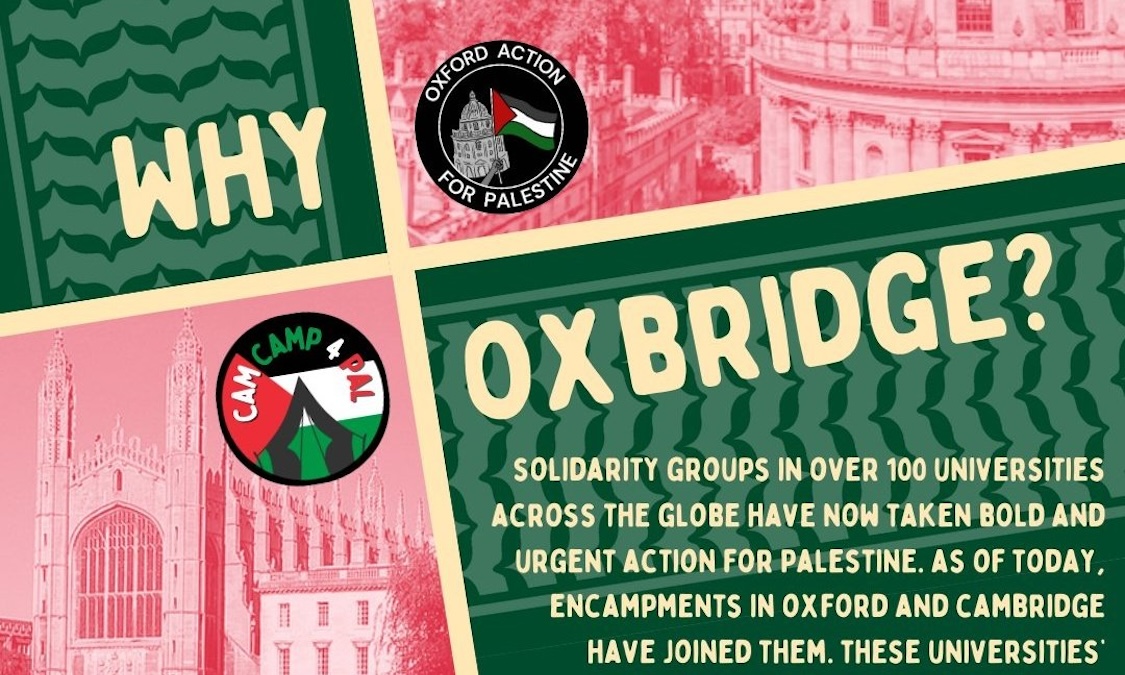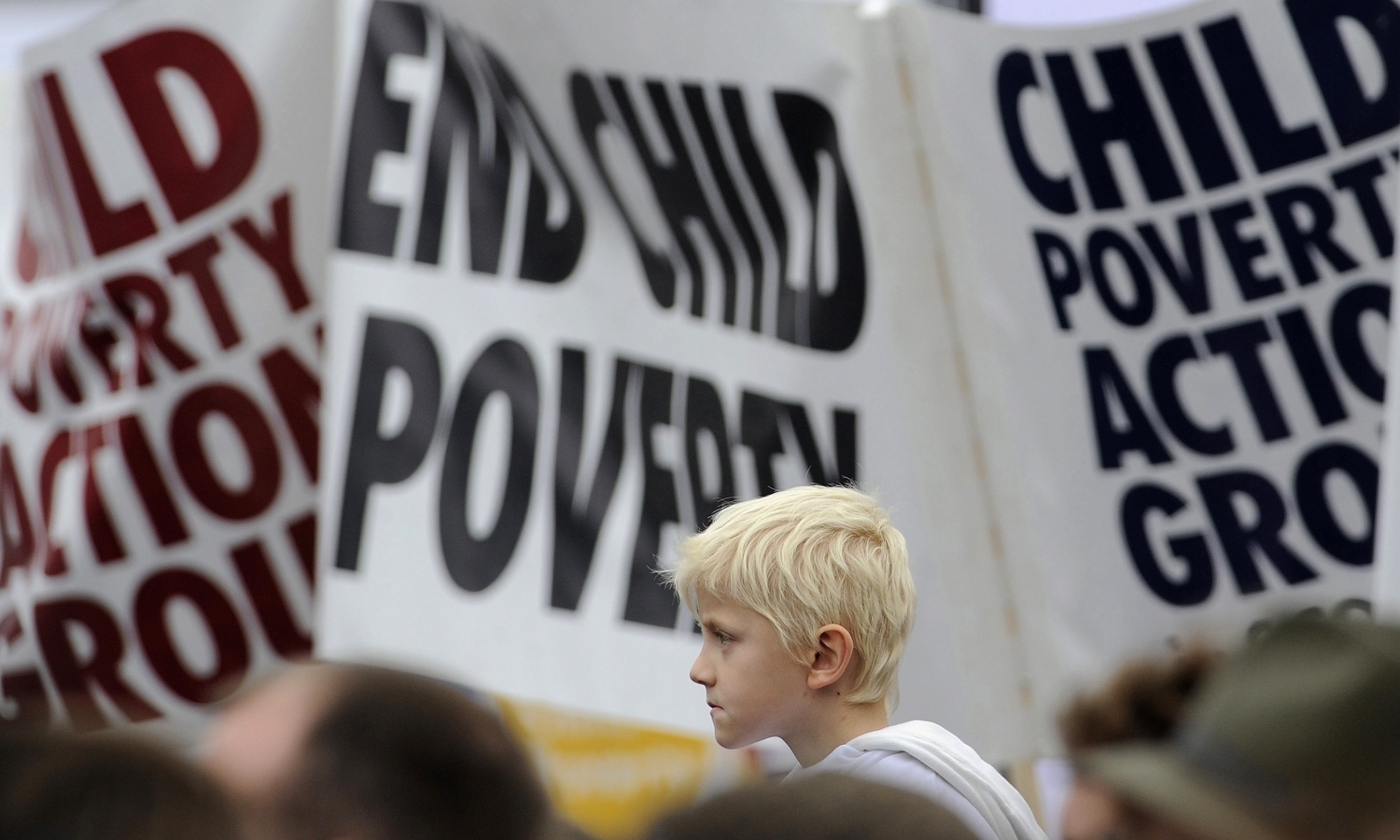Those Proletarian readers who don’t watch Downton Abbey may not have heard of the hilarious story line where the head aristocrat’s chauffeur is portrayed as a committed Irish republican – an outspoken firebrand, no less – who is so incensed by the executions after the 1916 Easter Rising that he decides to … make a ‘protest’ and throw some dirty water over a general who has motored over for an eight-course dinner.
This protest is depicted as being the only possible avenue of action open to a supporter of the cause, and, despite its obvious futility, the chauffeur is prepared to go to prison for making it and thereby allowing his ‘voice’ to be heard.
Serious Irish republicans circa 1916 did not as a rule work as chauffeurs for English lordships, but more than that they did not ‘protest’, they rose up.
And while Proletarian readers may see the plot absurdities, much of the Downton audience will not. Not because they are all intrinsically stupid, but because in these reactionary times the majority are so de-politicised, they confuse political protest with political action.
The media as always helps with this, not just in the news, but in popular programming like Downton Abbey, where the past is subliminally portrayed as being very like today, except with better manners and delayed sex.
The working class turn up as flunkeys and other extras who know their place (which isn’t that bad provided they don’t have a baby outside marriage). Off stage there may be talk of distant revolutions, but nearer home there is only the odd protest for votes for women, a long-since granted and essentially unchallenging bourgeois ‘reform’. [1]
Of course, in Planet Downton there is not much of a hint that the working class might be anywhere ‘out there’ participating in history. But we were – and how! The last episodes of Downton Abbey were actually set during the very time the Communist Party of Great Britain (CPGB) and Hands Off Russia were formed. [2]
And, inspired by Harry Pollitt, on 10 May 1920 the dockers and stevedores of London refused to load arms and ammunition onto the Jolly George, giving such a lead to the whole working class that it went on to defeat the British bourgeosie’s planned invasion of revolutionary Russia.
The working-class campaign against the invasion included rallying in Trafalgar Square with banners, but victory came because workers collectively refused to participate in the invasion – not just as soldiers but also as facilitators, as aiders and abettors.
‘Not a man, not a gun, not a sou’
Direct action and credible strike threats by the working class, organised through their unions, led by the new CPGB and inspired by the likes of Harry Pollitt, Tom Mann and Willie Gallagher, stopped Lloyd George’s coalition government in its warmongering tracks and helped to save Soviet Russia. [3]
Once defeated by the united working class, the government tried to pretend it had never had any real intention of going to war against Russia, but on 6 August 1920 the foreign secretary Lord Curzon sent an ultimatum to the Soviets and the coalition government had also put out a call for 200,000 volunteers. [4]
It was a time of high unemployment and the bourgeoisie felt cockily confident they would get their cannon fodder (if not, there was always conscription). But three days later, on 9 August 1920, an effective working-class ultimatum was lobbed back to the government, after the TUC parliamentary committee passed a militant resolution stating:
“This joint conference feels certain that war is being engineered between the Allied Powers and Soviet Russia … and declares that such a war would be an intolerable crime against humanity; it therefore warns the government that the whole industrial power of the organised workers will be used to defeat this war … affiliated organisations throughout the country [should] hold themselves ready to … ‘down tools’.” [5]
This ultimatum may have been given by the parliamentary committee of the TUC, but make no mistake, the real force behind the ultimatum came from the newly-founded CPGB, the unions it controlled or influenced, and effective direct actions such as the Jolly George, spearheaded by the CPGB-dominated Hands Off Russia campaign.
Altogether, these not only forced the right-wing labour leadership into issuing their ultimatum but made the ultimatum itself credible by backing it with a very real threat of all-out action.
Frightened by the recent founding of the CPGB and the evident militancy of the workers pushing for action, the coalition government backed down. Just one day later (10 August 1920), Lloyd George was telling the working class that they had got their nice cuddly government all wrong.
The coalition was made up of friendly pussycats really and had never intended to attack the Soviet Union at all. How could the working classes have ever thought such a thing of such decent fellows as Lloyd George and Lord Curzon, who had their best interests at heart and would give them higher pensions and a nice unemployment insurance pay? [6]
Contrast and compare
In 2003, the Labour government headed by Tony Blair decided to invade Iraq, a distant country that had never threatened to attack us and presented no discernable threat to anyone.
A Stop the War (StW) campaign that had originally been set up in the aftermath of 9/11 [7] now organised what turned out to be the biggest protest march ever known in British history, a march that was also mobilised for by a substantial section of the ruling class and its media that were also opposed to a military attack on Iraq.
On 15 February 2003, some two million people marched through London demanding that the government pull back from its proposed war. But while people marching around with banners is all very fine, without Jolly George-type direct action or a credible threat of a general strike, it is hot air, and so, on 20 March 2003, Britain joined the USA in devastating Iraq.
Stop the War continues with its marches, each one smaller than the last, but in 2011, after the unprovoked assault on Libya and in the midst of terrifying sabre-rattling against Syria and Iran, Stop the War is spending its time plotting against the affiliation of the CPGB-ML because our organisation has had the audacity to suggest that Stop the War will have to try another tack – ie, wholehearted support for those whom imperialism is attacking, rather than joining with the imperialists in maligning them, as the Stop the War leadership shamelessly did in the case of Libya – if we are to have any hope of stopping a bus, never mind an actual war.
The word ‘war’ is actually becoming something of a misnomer. What Nato did in Libya was more a one-sided massacre. True, some ‘rebels’ got killed, but except perhaps for SAS types who are never recorded, not one Nato soldier died in the devastation of Libya. How can anything so one-sided be called a war?
The old colonial term for this type of action was a ‘punitive raid’. Today’s wars are really just old-fashioned punitive raids with massive modern weaponry, but the aim is the same. Frighten the ‘natives’ into submission and then make ‘peace’ with their new puppet overlord, who will hand over whatever resources are demanded in exchange for not being bombed to smithereens any more.
Could anything be more disgusting? Well, yes it could. On 13 November 2011, Michele Bachman, a candidate for the Republican nomination for US president, told Meet the Press on primetime TV that Iraq should pay America back the $800m it has officially spent to date (the real cost has been far higher) on invading and occupying the country. [8]
To top that, Michele Bachman also thinks the families of each and every American soldier killed in Iraq should be compensated by the Iraqis to the tune of several million dollars.
Michele Bachman may not win, but she is treated with respect by the establishment media and greeted with ovations. Her ideas have currency in America.
Not merely because she gives voice to the prejudices of the loony racist fringe, but precisely because she gives voice to the real, if rather better disguised, attitudes of the mainstream. Her disgusting racist attitudes are simply the logical extension of imperialism’s disgusting racist policies.
Meanwhile, history and recent experience alike teach us that no amount of asking nicely is going to have the slightest impact on our rulers’ decision-making. Only mass action by the working class is capable of stopping the juggernaut of imperialist war.
We have the power to stop the British ruling class from participating in the imperialist attacks already being planned against Syria and Iran, or ultimately China (to name but three on the long list of possible future targets), but in order to use it we must get off our knees and organise.
______________________________
NOTES
1. The suffragettes, led by the arch-reactionary and warmonger Emmaline Pankhurst, campaigned for women’s suffrage on the same property-based qualification as men (which at the time denied the vote to a large swathe of working-class men). In contrast, socialists campaigned for full adult suffrage for men and women without any property qualification. Needless to say, the present school curriculum lionises the suffragettes and ignores the socialist campaign for adult suffrage.
2. Hands Off Russia came first in January 1920, but negotiations to form the CPGB out of the existing communist and socialist organisations were in hand. The CPGB was formally founded in August 1920.
3. David Lloyd George (1863-1945). Prime minister 1916-1922. A Liberal. After the war he headed a Tory-Liberal coalition government. Post-war he talked loudly of “homes fit for heroes”. He was also prime mover in demanding punitive reparations from Germany. Only 170,000 homes materialised, but his ferocious reparations policy played a major role in the rise of Hitler.
4. George Lord Curzon (1859-1925). Foreign secretary 1919-1924. (Previously viceroy of India 1898-1905, where he was opposed to “indiscriminate alms-giving and philanthropy” as it weakened the economy. He presided over a famine that killed some 9 million.)
5. Quoted in James Klugman, History of the Communist Party of Great Britain, 1968, p84.
6. The Unemployment Insurance Act of 1921 extended dole to all manual workers (with conditions).
7. Late September-October 2001.
8. Michele Bachman, presently Republican congresswoman for Minnesota and a Tea Party candidate for the 2012 Republican presidential nomination. Her new biography, Core of Conviction, attacks George Bush for being a socialist.
















